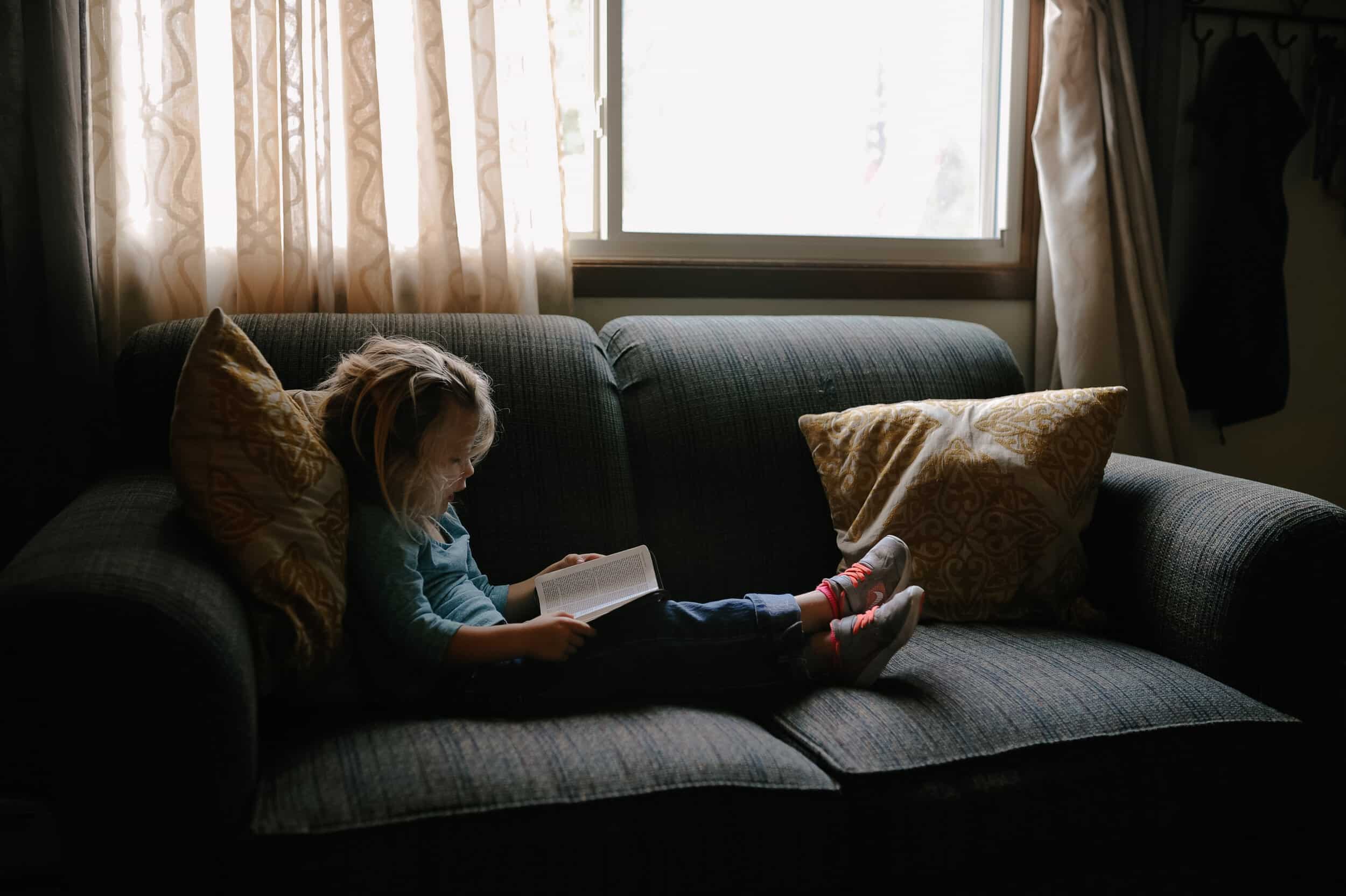At The Sutcliffe Clinic, we understand the helplessness and deep concern families may feel when they see their children struggle with overwhelming emotions daily.
Decades of research data substantiate Dialectical Behavior Therapy’s unique approach to skill-building. It effectively curtails impulsivity and unstable relationships while enhancing resilience and quality of life. Unlike crisis intervention, DBT equips children with a broad range of mental tools to navigate future life challenges independently. DBT empowers children to break free from self-defeating emotional patterns through nonjudgmental introspection and graduated exposure-based learning.
Change Through Acceptance
Originally developed for managing extreme emotional dysregulation in borderline personality disorder, DBT focuses on the concept that change and acceptance can coexist. We guide children to recognize emotions as temporary waves to ride skillfully rather than being crushed under enduring pain.
Assessments determine DBT’s fit beyond initial disordered diagnoses, making functioning a challenge. Instead, we concentrate on uncovering strengths and revealing resiliency through challenges. Individual sessions identify triggers and shape tools, reinforced by group empowerment training. We also emphasize the crucial role of parent involvement in increasing the real-world use of the skills learned in DBT.
Core skills cultivated include mindfulness for judgment-free in-the-moment focus, distress tolerance for withstanding discomfort, emotion regulation for controlling intensity/duration, and interpersonal abilities for communicating mindfully.
Through compassionate support, validation and targeted skill-building, DBT promotes the hope that children can gain control over even painful feelings over time. They become custodians of their own emotional journeys, unconditionally supported by caring partners.
By learning more about DBT, you are taking a significant step towards enabling your child’s highest potential.




